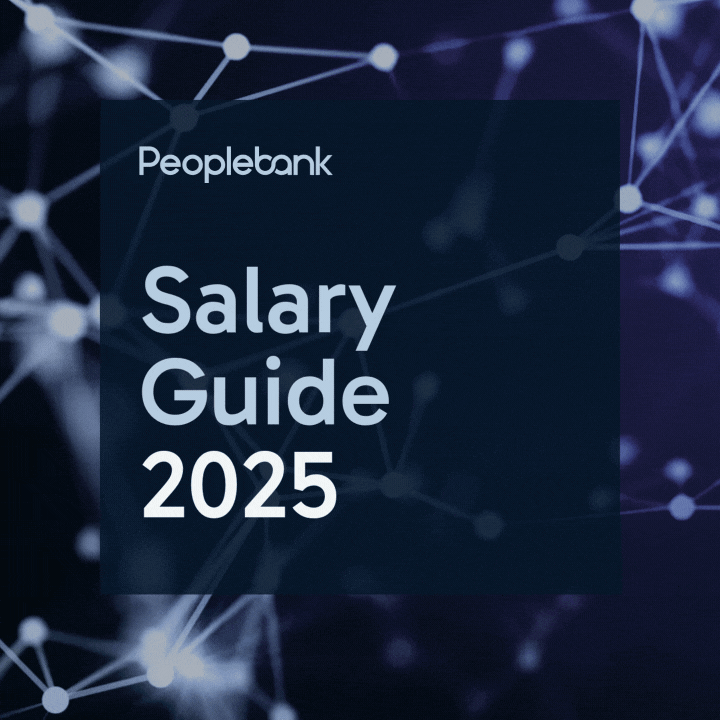How to ask for mental health leave
In the past, mental health has been a topic with a lot of stigmas around it. Mental health was not always considered serious and an attitude of ‘toughen up’ was often taken. This means that taking sick days for this kind of issue also had a stigma around it.
Thankfully, this attitude is changing. Although this should have always been the case, it has recently become more acceptable, even encouraged, to talk about mental health openly and in the context of the workplace. Many organisations are introducing mental health days as a new form of leave.
Notice the signs
- Constant fatigue
- Constantly sick/rundown
- Stressed everyday
- Irritable often
- Low motivation for an extended period
- Low moods several days in a row
- Any telling symptoms from an existing mental illness
- High anxiety over an extended period
Avoid placing external stigma onto your thoughts
Learn about your existing leave options
Decide what you are comfortable to share
Prepare how you will phrase your email/message
Approach your manager honestly
If you wanted to go into more detail you could say:
[Your sign off]’
You can share as much or as little as you like depending on your situation.
Do you have any tips on asking for a mental health day? As an employer how do you like to be approached? As an employee what do you feel comfortable doing?






















